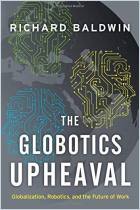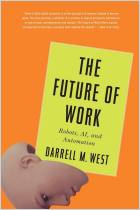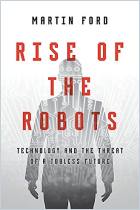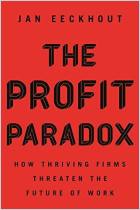
Recommendation
The media seems to herald dystopian and utopian visions of an automated future: In some scenarios, robots take all the human jobs; in others, automation ushers in a new era of wealth and productivity. These futurist predictions, writes Jason E. Smith, harbor multiple false assumptions. The economy actually suffers massive stagnation as innovation investment in the tech industry declines and most wealthy nations’ productivity growth rates hit near-historic lows. Smith asserts that the future Big Tech now shapes will likely feature exacerbated socioeconomic class struggles.
Summary
About the Author
Jason E. Smith contributes to Artforum, Commune, Brooklyn Rail, Critical Inquiry and Radical Philosophy.
Learners who read this summary also read
Book
Book
Book
















Comment on this summary or Comenzar discusión